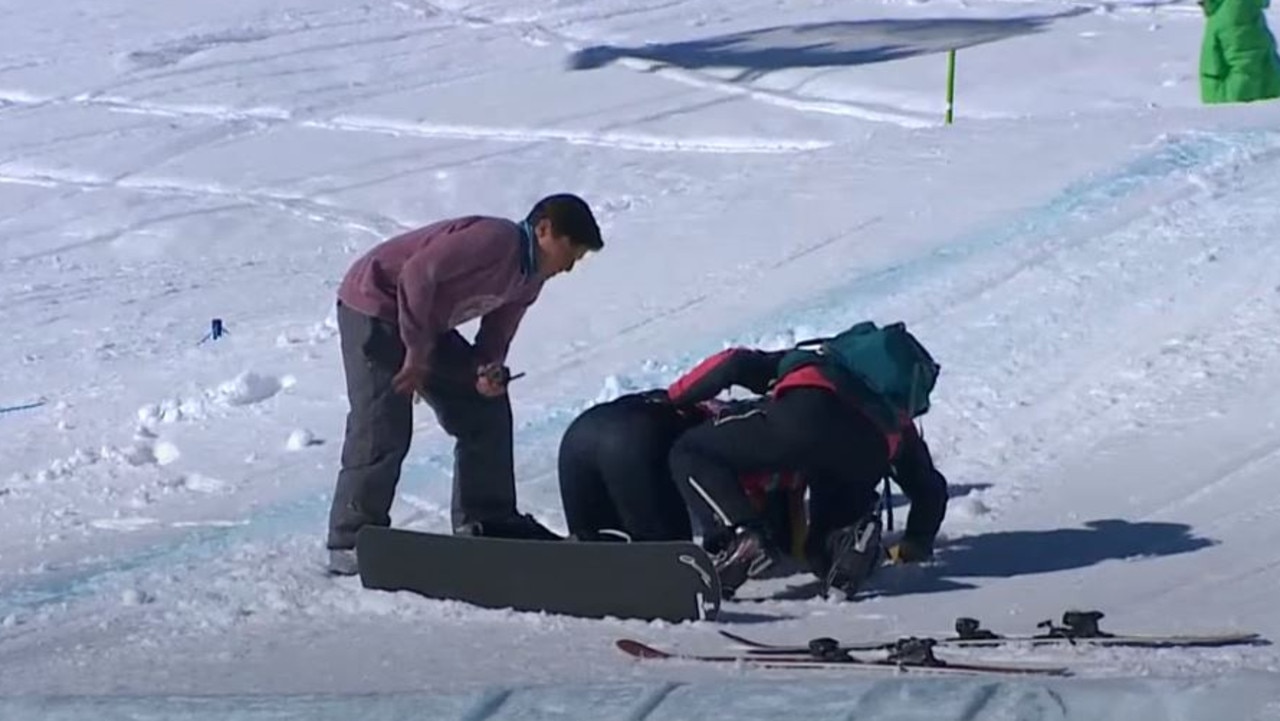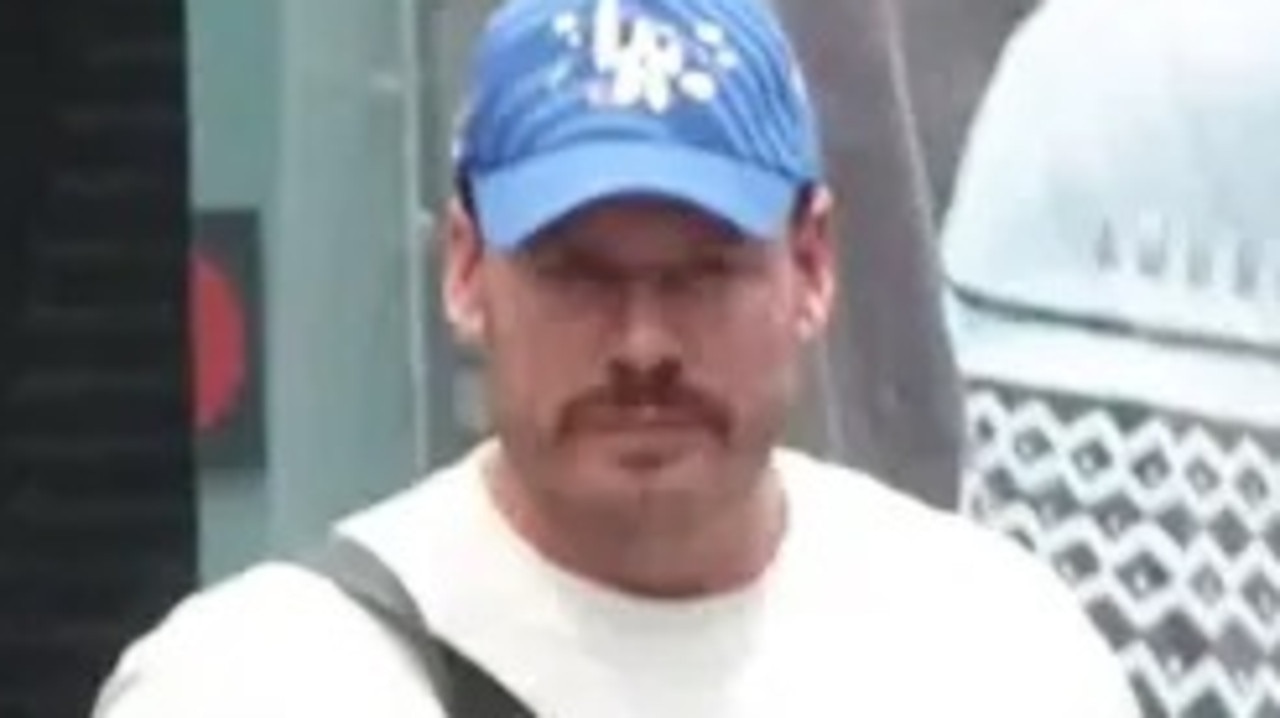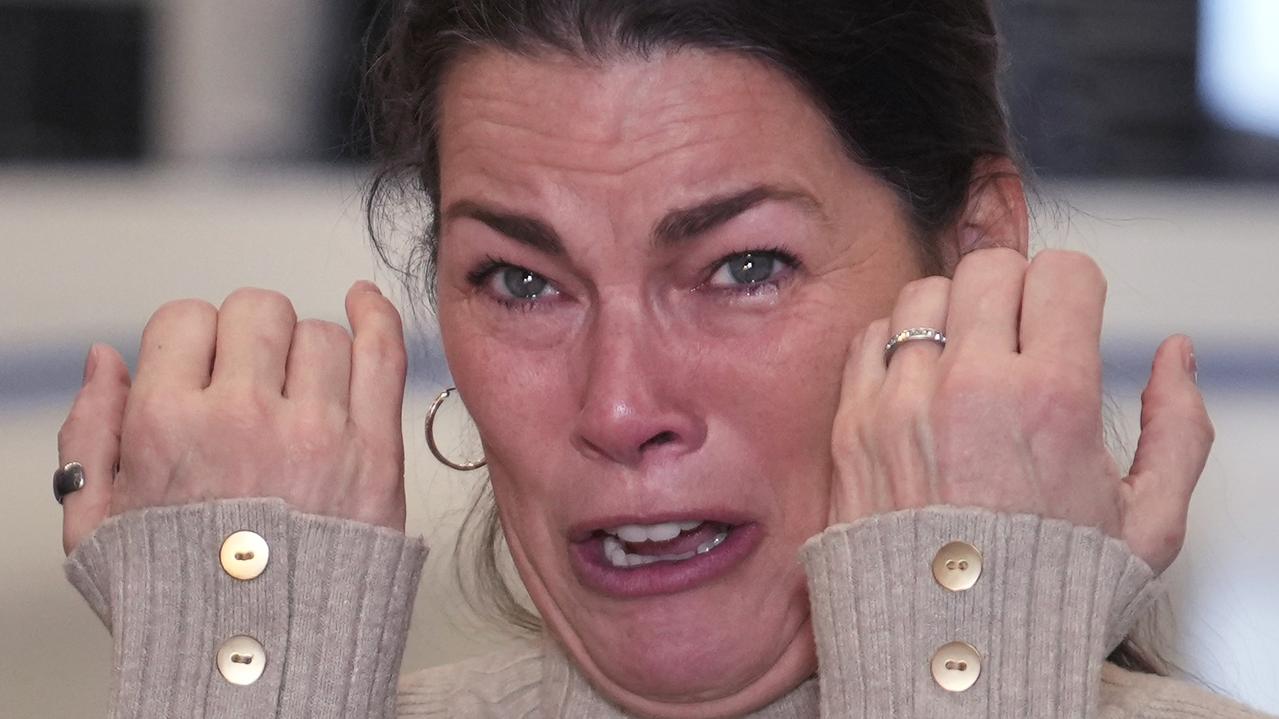Sochi’s bizarre Winter Olympics protest park
IF you’re watching the world’s best winter athletes and feel an urge to protest, you head to Sochi’s “speaker’s corner”.
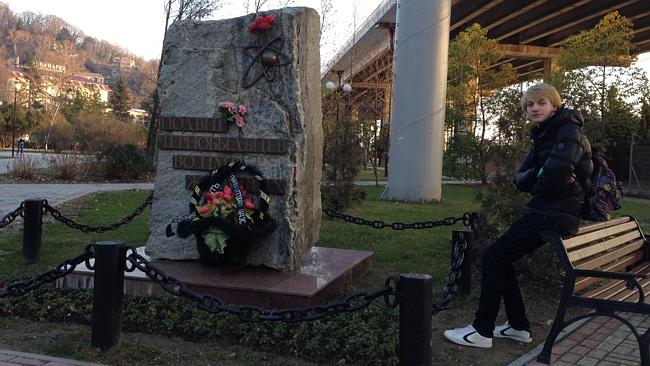
IF you’re watching the world’s best winter athletes at Rosa Khutor’s snowfields and feel an urge to protest, you head to Sochi’s specially installed “speaker’s corner”.
You jump on the gondola, catch two buses, ride on a train to a village called Khosta, scurry across a rickety suspension bridge and ask for directions.
If you ask enough people, you may finally find a local who’s heard of this new Olympic-driven approach to handling dissent. You’ll also be told you’ve walked too far and to go back across said rickety bridge.
It’s a journey of more than 60km, so block out an afternoon if you’re still keen to jump on your soap box — and have been granted a police permit.
Many things may be changing in Vladimir Putin’s Russia, but greater freedoms to speak one’s mind isn’t one of them.
The so-called speaker’s corner only came into existence when the International Olympic Committee insisted the Russians lift a ban on protests at the Games.
The grandly named The 50 Years of Victory in the Great Patriotic War Park, which sits next to an elevated highway in this small village, was designated as a place of peaceful protest during the Olympics to keep the IOC happy.
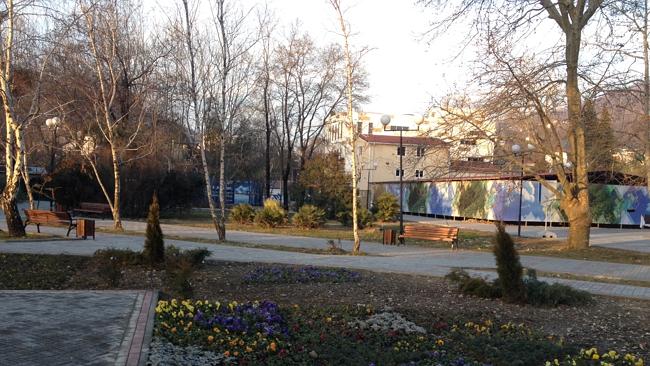
But only one permit has been granted since the Games caravan moved into Sochi — to the local Communist Party branch, which staged a quiet rally last week for seven members.
The park is empty today, apart from a group of three local teenagers, who assist me in finding it.
One of them, George Lonshakov, explains that one of the great things about the Olympics is that “different people come here and I practice my English”.
For George, a blonde-haired, blue-eyed 17-year-old, perfecting English is a passport to take hold of the new opportunities that he hopes come after the Olympics.
“I talked to an American for 10 minutes,” he says.
He hopes to become an engineer and would like to one day work in an English-speaking country like the United States.
Asked about an anti-discrimination campaign being run by international gay activists against Russian laws, he says he doesn’t “concentrate on this when I talk to people”.
“I don’t think about it but if a man is good, why can’t I talk to him,” he says.
He would rather speak about the Olympics opening ceremony, saying he’s proud of Russia’s cultural past, especially its great writers like Leo Tolstoy.
“We’re reading War and Peace for school,” he says.
He says he believes Russia will be “better after the Olympics, or I hope it will be”.

